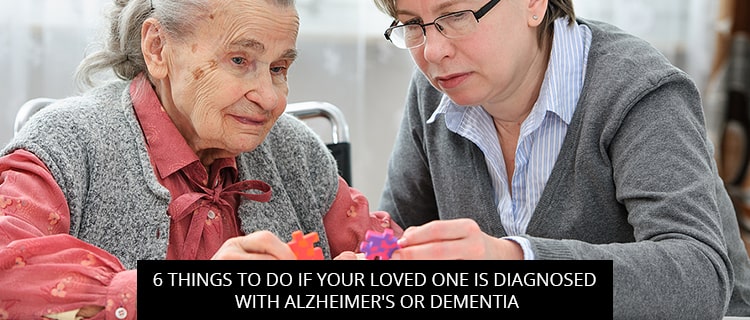Alzheimer’s and dementia care is available to people diagnosed with those conditions. If your loved one has received such a diagnosis, what should you do and what do you need to know about Alzheimer’s and dementia care?
1. Do Some Research On What Alzheimer’s Disease And Dementia Are.
The first step is to know what you’re up against. Many people have a broad understanding of Alzheimer’s and dementia but don’t know all the key details. Alzheimer’s is a neurodegenerative disease and it accounts for 60% to 70% of all cases of dementia. It typically begins slowly and the first symptom is often short-term memory loss. Over time, Alzheimer’s patients often experience mood swings, behavioral problems, disorientation, problems with language, loss of motivation, and self-neglect.
2. Don’t Despair.
Alzheimer’s is a progressive disease, meaning it gets worse over time. Furthermore, we don’t have a clear understanding of the causes of Alzheimer’s or dementia and there is no known cure. It can be pretty depressing, but with knowledge, love, and care, the disease can often be managed quite well.
3. Understand That Alzheimer’s Disease And Dementia Do Not Necessarily Mean Imminent Doom.
The typical life expectancy following a diagnosis of Alzheimer’s disease in someone 65 or older is between three and nine years. With the right care and the right attitude, many families can enjoy several years of meaningful happiness with their loved one.
4. Consider Your Alzheimer’s And Dementia Care Options.
Care for Alzheimer’s patients is available in nursing homes, assisted living communities, and other types of senior care facilities. Moreover, there are facilities that are specifically designed for Alzheimer’s and dementia patients.
5. Consider In-Home Alzheimer’s And Dementia Care.
Many Alzheimer’s care homes and dementia care homes are great and they’re run by caring and experienced caregivers. However, they all require Alzheimer’s and dementia patients to move out of their home and into a strange new place. For many with dementia, this can be an incredibly disorienting and upsetting experience. Many people with Alzheimer’s and other forms of dementia do better in familiar environments, so it might be better for them to simply remain in their homes.
6. Contact Executive Home Care.
Executive Home Care offers Alzheimer’s and dementia care. We know that caring for Alzheimer’s patients should begin right after diagnosis with the implementation of simplified routines. We suggest installing safety locks and labeling household items early on. Executive Home Care can provide a caregiver to visit weekly, daily, or to even live in the same home as your loved one with dementia.
Executive Home Care
Executive Home Care offers Alzheimer’s and dementia care. To learn more about Alzheimer’s and dementia care, please contact us via our website or call (888) 963-9133.
